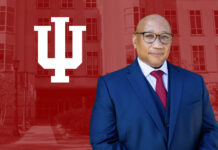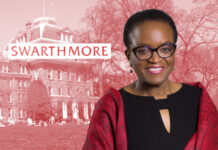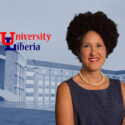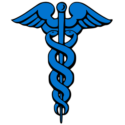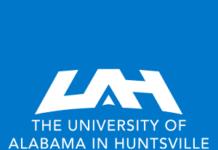 Billy K. Cannaday, dean of the School of Continuing and Professional Studies at the University of Virginia, will take on additional duties as the university’s first vice provost for academic outreach. Cannaday has been dean since 2008. He is the former CEO of the Virginia Department of Education.
Billy K. Cannaday, dean of the School of Continuing and Professional Studies at the University of Virginia, will take on additional duties as the university’s first vice provost for academic outreach. Cannaday has been dean since 2008. He is the former CEO of the Virginia Department of Education.
A native of Roanoke, Virginia, Cannaday earned a bachelor’s degree in health and physical education from Virginia Tech. He holds a master’s degree in educational administration from Hampton University and a doctorate in educational administration from Virginia Tech.
